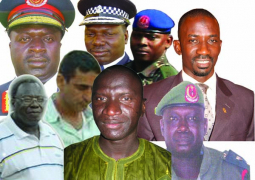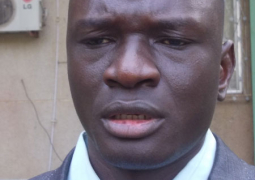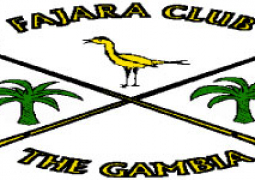A
three-day training for community mediators recently ended at the governor’s
office in Brikama, West Coast Region.
The capacity building workshop was organised by the Alternative Dispute Resolution System (ADRS) through the Access to Justices and Legal Education project bankrolled by European Union.
The participants of the training were drawn from within the communities in West Coast regionand representatives of district tribunals.
The training was designed to expose the participants to ADR skills and techniques and to facilitate their work efficiently.
Speaking on the occasion, Janet Ramatoulie Sallah-Njie said the project aims to contribute to better democratic and economic governance in The Gambia through improving access to justice and legal education.
One of the components of the project is to improve the alternative dispute resolution system in the system in The Gambia.
“Alternative dispute resolution is recognised as an effective and efficient means of facilitating access to justice without the attendant cost, complications and inflexibilities of the formal court system,” Mrs Sallah-Njie said.
“The training will also help build a critical mass of qualified and competent community mediators in order to facilitate and improve service delivery to vulnerable people within the communities.”
West Coast Region deputy Governor Musa Suso said the training was an opportunity for the trainees to get requisite knowledge in mediation.
“The training will undoubtedly equip you [the participants] with the relevant knowledge to enable you to effectively conduct mediations between and among parties,” he said.
The deputy governor said mediation through ADR is a better way of solving community problems as it ensures that relations are not broken down and family ties remains to be.
EU Ambassador to The Gambia Attila Lajos said the EU-funded project took a holistic approach for improving all aspects of the justice delivery system in The Gambia.
A review of the ADR system in The Gambia was carried out within the project and it highlighted that community mediators provide a very vital and effective service in resolving disputes in their communities.
The review findings indicated that the form of mediation adopted by community mediators is more akin to the traditional form of dispute resolution, and community members find it much easier to respect agreements reached through the community mediation system.
The EU diplomat said training the community mediators is therefore “highly instrumental” to improve service delivery to vulnerable people within the communities, and to support the justice system in The Gambia.
“Championing human rights and justice for all must be a national priority now and the EU is fully committed and engaged to support the new government in creating the ‘New Gambia’,” he said.
“I am very confident that this project will be extremely useful to support this process of democratic transition.”




